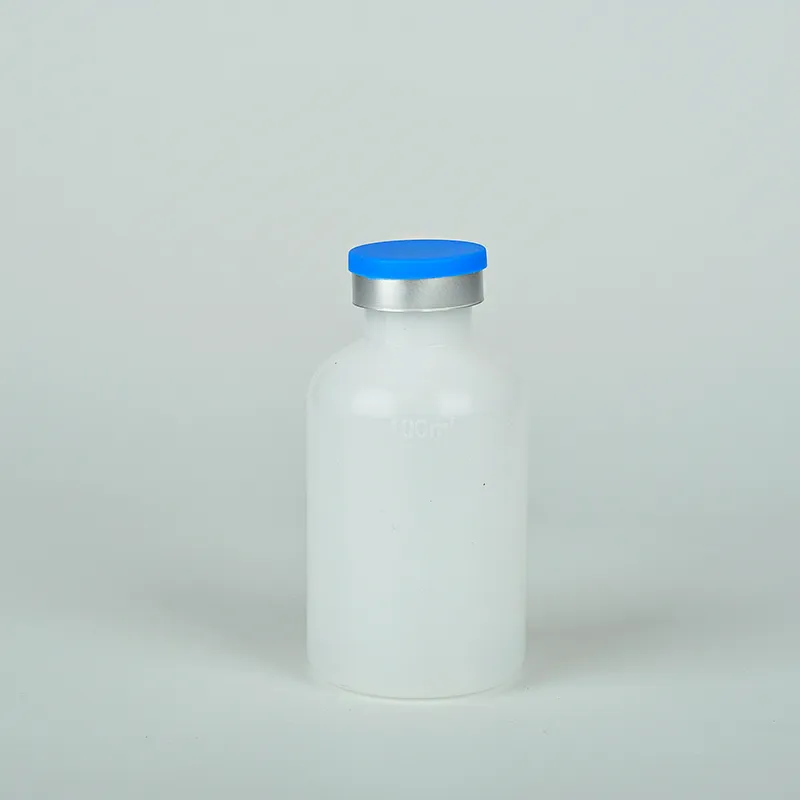https://www.wahmg.com/)">
Effective Solutions for Managing Diarrhea with Over-the-Counter Medications
Effective Solutions for Managing Diarrhea with Over-the-Counter Medications
Understanding Anti-Diarrheal Medications Your Guide to a Healthier Gut
Diarrhea is an uncomfortable and often distressing condition that can strike unexpectedly, leading to frequent trips to the restroom and significant discomfort. Whether due to a viral infection, food poisoning, or a sudden change in diet, the experience of diarrhea can be disruptive to daily life. Fortunately, anti-diarrheal medications can provide effective relief. In this article, we’ll explore what these medications are, how they work, and when to consider their use.
What Are Anti-Diarrheal Medications?
Anti-diarrheal medications are drugs designed to inhibit or reduce the frequency of bowel movements. They come in various forms, including over-the-counter (OTC) options such as loperamide (Imodium) and bismuth subsalicylate (Pepto-Bismol). Each type of medication functions differently, targeting the underlying causes of diarrhea and providing symptomatic relief.
How Do They Work?
1. Loperamide This medication is commonly used for acute, non-bacterial diarrhea. It works by slowing down the movement in the gut, which decreases the number of bowel movements and makes the stool less watery. By acting on the opioid receptors in the gut, loperamide effectively reduces secretions and increases the time it takes for stool to pass, thus allowing for increased absorption of fluids and electrolytes.
2. Bismuth Subsalicylate Known for its ability to treat both diarrhea and upset stomach, this medication has a different mechanism of action. It coats the lining of the stomach and intestines, which helps to protect against irritation and reduces the fluid secretion in the intestines. Additionally, bismuth subsalicylate has mild antibacterial properties, which can be beneficial in cases caused by certain bacteria.
When to Use Anti-Diarrheal Medications
While anti-diarrheal medications can provide significant relief, they are not appropriate for every situation. Here are some guidelines on when to consider using them
anti diarrheal bottle

- Acute Diarrhea If you experience sudden, non-bacterial diarrhea (such as that caused by stress, dietary changes, or viral infections), anti-diarrheal medications can help manage symptoms. - Travelers’ Diarrhea For those traveling to areas with uncertain water quality or differing food standards, loperamide can be a handy companion. However, it’s crucial to stay hydrated and consult a healthcare professional if symptoms persist.
- Chronic Diarrhea If you suffer from chronic conditions like irritable bowel syndrome (IBS), it’s essential to consult a healthcare provider for a comprehensive treatment plan, as self-medicating can sometimes mask underlying issues.
When to Avoid Them
There are specific instances when one should avoid using anti-diarrheal medications
- Bloody or Black Stools If you notice blood in your stool or experience black, tarry stools, it’s crucial to seek medical attention immediately, as these symptoms could indicate a more serious condition.
- High Fever If diarrhea is accompanied by a fever higher than 101°F (38.3°C), it may suggest an underlying infection that requires medical evaluation.
- Persistent Symptoms Diarrhea lasting more than two days in adults or longer than 24 hours in children warrants consult with a healthcare professional, as this could indicate a more severe illness.
Conclusion
Anti-diarrheal medications can significantly alleviate the discomfort associated with diarrhea, allowing individuals to regain their normal routines. However, it is essential to use them wisely and understand their limits. By being aware of the symptoms that require medical attention and using these medications appropriately, you can manage your gastrointestinal health effectively. Always consider consulting a healthcare professional for personalized advice, especially in cases of persistent or severe diarrhea. Remember, a healthy gut is vital for overall well-being. Your comfort and health matter, so stay informed and proactive about gastrointestinal health!
-
Wholesale Plastic Juice Bottles with Caps 16 oz Options Available Bulk Packaging SolutionsNewsJun.10,2025
-
Laboratory Apparatus Reagent Bottle – Durable & Chemical Resistant Bottles for Safe StorageNewsJun.10,2025
-
Squeezable Dropper Bottles Durable, Leak-Proof & CustomizableNewsMay.30,2025
-
Affordable Plastic Petri Plates Sterile & Disposable Lab-GradeNewsMay.30,2025
-
Eye Dropper Caps Precision 24/410 & Plastic Bottle-Compatible TipsNewsMay.30,2025
-
Affordable Mini Spray Bottle Price & Wholesale Deals Shop NowNewsMay.29,2025





















